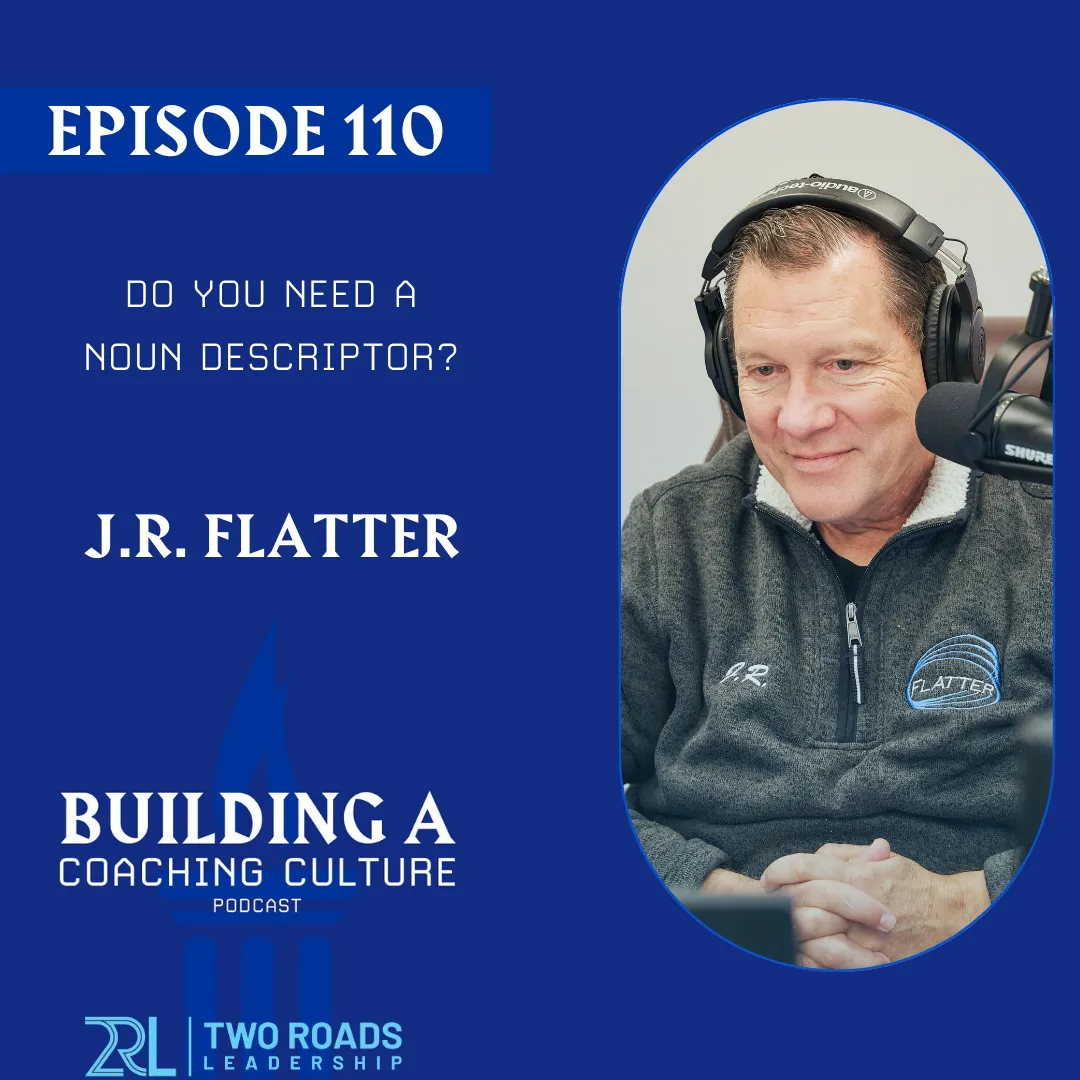Do you need a noun descriptor like "leadership coach" or "executive coach" to stand out in the crowded coaching market?
In today's episode, J.R. Flatter and Lucas Flatter have an in-depth conversation exploring the pros and cons of using a noun descriptor versus taking a more general approach to coaching. They discuss how a noun descriptor can be helpful for marketing and targeting a specific niche but caution that it can also cause the coach to make assumptions about the client rather than approaching each session with an open mind. They emphasize the importance of coaching fundamentals - establishing a baseline, adapting to the client, evoking awareness, and facilitating growth - regardless of the coach's specialization.
Key topics covered include:
- The importance of the coach being passionate about their clients.
- How coaches can continue to refine and evolve their approach over time.
- The Marketing Vs. Coaching Mindset
- The Impact of Noun Descriptors on Coaching Practice
Building a Coaching Culture is presented by Two Roads Leadership
Produced, edited, and published by Make More Media
Episode Links
J.R. Flatter
Founder of Two Roads Leadership
Lucas Flatter
Resources
2RL 4 day Coach Certification Bootcamp
2RL ICF-Approved Coach Certifications and Trainings
Transcript
Automatic Transcription - please excuse any errors

